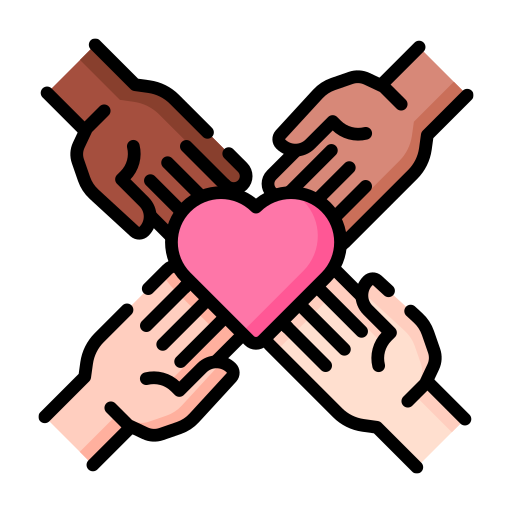Diversity and Inclusion

Increasing diversity and inclusion in any organization requires real proactive action. In a recent article in the Financial Post, SalesForce CEO Marc Benioff tackled one of the most challenging issues facing many organizations today; pay equity. Although he was aware of a potential pay gap between men and women in other organizations, he fought hard to prevent that from happening with his company. Despite his efforts, when SalesForce conducted an internal audit, they found that there was still a pay equity gap between equally performing men and women.
This is a perfect example of how unaware many of us are with regard to our biases. Our brains are always making assessments, judgments and predictions about what we are experiencing moment by moment. The question is, ARE these narratives correct? We often live on auto-pilot and are not even aware of the underlying beliefs and stories that drive our feelings, decisions, and actions. Some common misinterpretations are:
Seeing the negative and fixating on it: This survival mechanism has developed for thousands of years and our brains are wired to scan for danger and threat. The problem is that these days threat is not as catastrophic as we think, yet we make decisions based on this exaggeration.
Unfamiliarity triggers “danger” narratives: Whenever we experience something that is different, no matter how small we automatically take a mental stance of “beware”. This is also a survival mechanism that does not suit us very well in today’s modern world.
Seeing others as different triggers “Out Group” bias: Whenever we meet people who are perceived as being somewhat different than ourselves, we think of them as being in the “Out Group,” and therefore, our empathy for them is lessened. Differences can include race, religion, political affiliation, meat eaters versus vegan etc…
We cannot stop our minds from assessing our experiences and coming up with a narrative. We CAN become more Mindful and thus notice this story and question it for it’s accuracy. This is where Mindfulness comes into play. We are aware of our body and emotions and then beliefs about our experiences and then pausing and reflecting allows us to make decisions that are more proactive, better informed and more wholesome.
Mindfulness does allow for opinion and preference so I am not saying that you must like everything you experience. I personally hate mushrooms and that is OK. But I will not judge myself as a bad person for having that preference. The same is true for having an opinion about other people for example. Perhaps you are a quiet person and prefer others who are also quiet. There is nothing wrong with that preference (bias). But knowing your bias can be helpful. For example, next time you are interviewing someone for a job and they have a lot of energy, you can “check-in” and see if your assessment of that person is being negatively or positively clouded by your personal bias which may be unrelated to the skills needed to do that job.
The great news is that reducing bias is a trainable skill. Mindfulness is the foundation skill that will allow your organization to move forward in a direction that is more inclusive and equal.
Our 4Steps™ approach will train you so you can develop the skill of compassion and empathy that allows you to be more open to the differences in people.
Practicing consistently is the key to mastering new skills.
Blog Categories:
Fundamentals | General | Emotions Explained | Exercises Explained | Personal Relationships | Organizations | Video Blogs | Written Blogs | Latest Blogs
